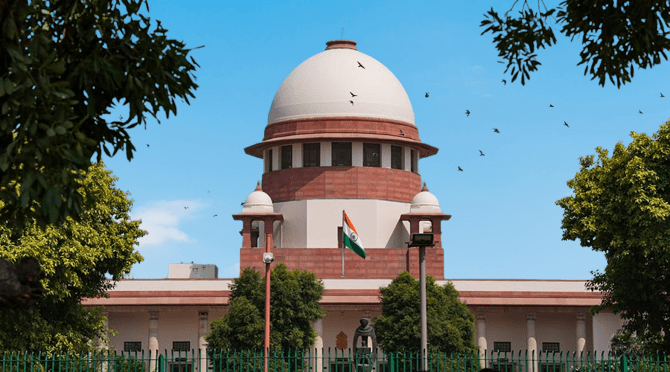
An important development in the logistics and supply chain sector was the failure of Shambal Cold Storage and SC’s response to it. A significant cold storage facility, Shambal Cold Storage offered warehousing and distribution services for perishable items, such as food and medicines. However, Shambal Cold Storage had a catastrophic collapse as a result of a combination of financial mismanagement, operational inefficiencies, and other issues, disrupting the cold supply chain and causing large financial losses for its clients and stakeholders.
As one of Shambal Cold Storage’s primary business partners, SC, a leading logistics and supply chain company, was immediately impacted by the collapse of Shambal Cold Storage. SC had to act quickly to lessen the effects of the collapse and guarantee the continuation of its operations. SC responded to the situation in a number of ways, including:
1. Locating substitute cold storage facilities: SC found substitute cold storage facilities swiftly and secured them to prevent supply chain disruptions. This required close collaboration with other cold storage companies to secure extra warehousing space and guarantee that the essential tools and resources were available for the safe handling and storage of perishable items.
2. Rerouting and rescheduling shipments: SC collaborated with its clients and business associates to reroute and reschedule shipments that were initially intended to be kept in Shambal Cold Storage. To prevent delays and lessen supply chain interruptions, this required collaborating with transportation providers, modifying delivery timetables, and putting emergency measures into place.
3. Financial and legal issues: SC also discussed the financial and legal ramifications of Shambal Cold Storage’s failure. This involved collaborating with attorneys and insurance companies to review claims, establish liabilities, and seek financial recompense for any losses sustained.
4. Improving risk management and due diligence: SC reviewed its risk management and due diligence procedures in-depth to find any flaws or vulnerabilities that would have aided in Shambal Cold Storage’s collapse. In order to do this, more risk mitigation strategies had to be put in place, business partner monitoring had to be improved, and supplier and vendor due diligence procedures had to be improved.
5. Interacting with stakeholders: Throughout the crisis, SC communicated in an honest and open manner with its clients, partners, and stakeholders. In order to keep everyone informed and involved in the resolution process, this involved giving regular updates on the problem, addressing concerns, and proactive managing expectations.
SC faced several difficulties after Shambal Cold Storage collapsed, but by acting quickly and strategically, SC was able to lessen the effects and continue running its business. In terms of the significance of strong risk management, due diligence, and pro-active crisis response procedures in reducing potential supply chain disruptions, it also provided as a significant lesson for SC and the larger logistics and supply chain sector.
In general, businesses in similar circumstances would probably base their response on a variety of legal and business principles, sector best practices, and contractual obligations. Following the collapse of Shambal Cold Storage, SC may have taken the following factors into account:
Contractual arrangements: In order to ascertain each party’s rights, obligations, and liabilities in the event of a collapse or disruption, SC would have examined the contractual arrangements it had with Shambal Cold Storage and other pertinent parties, including clients, suppliers, and transportation providers.
Risk management and due diligence: Before establishing a business connection with Shambal Cold Storage, SC may have reviewed its risk management and due diligence procedures to determine whether it had taken the necessary steps to analyze the company’s financial standing and operational stability.
Insurance protection: SC might have examined its insurance contracts to ascertain the scope of liability, property damage, and business interruption coverage for losses resulting from the collapse of Shambal Cold Storage.
Industry standards and best practices: SC may have based its reaction on industry standards and best practices for logistics and cold storage operations, including directives from trade groups, regulatory agencies, and industry organizations.
Legal concepts: In determining its rights and obligations in the aftermath of Shambal Cold Storage’s failure, SC may have taken into account pertinent legal concepts from the fields of contract law, tort law, and commercial law.
It’s vital to note that the particular steps taken by SC would rely on the events leading up to Shambal Cold Storage’s collapse as well as the appropriate jurisdiction’s laws and regulations. For a thorough and accurate evaluation of SC’s response to the matter, legal counsel from certified experts would be required.
Name: Sarah Garima Tigga Semester VI, College: symbiosis law school (pune)





0 Comments